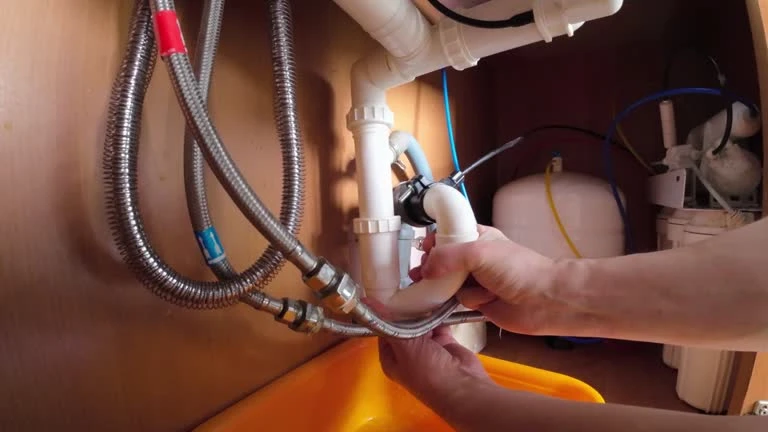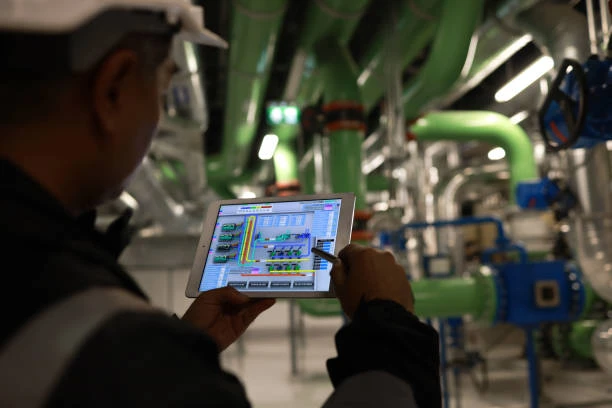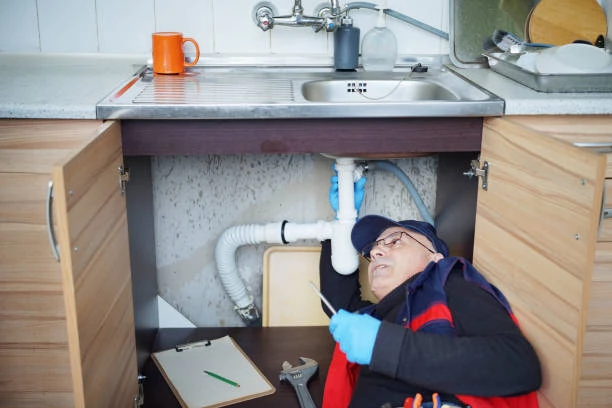Introduction to Ball Valve Maintenance
Ball valves are essential components in various industries, providing reliable flow control for liquids and gases. However, to ensure long-lasting performance, proper maintenance is crucial. Ball valves can experience wear and tear due to frequent use, high pressures, and exposure to harsh environments. Regular maintenance helps prevent leaks, failures, and costly repairs. The PPR ball valve, in particular, requires specific care to extend its service life. Understanding the necessary maintenance procedures will help users maximize the valve’s efficiency and durability.
Importance of Regular Inspections
One of the most important aspects of maintaining ball valves is conducting regular inspections. Inspections help identify potential issues before they become serious problems. For example, checking for leaks, corrosion, or damaged seals can prevent costly downtime. In the case of PPR ball valves, inspection of the valve body and seals is crucial, as these valves are often used in plumbing systems, where pressure and temperature fluctuations can cause damage over time. Inspecting the valve’s movement, operation, and seals ensures that it performs optimally throughout its life.
Lubrication to Ensure Smooth Operation
Lubrication is vital to keep ball valves operating smoothly. Regular lubrication prevents the ball valve from seizing or becoming stiff. Proper lubrication reduces friction, which can lead to damage or wear over time. The PPR ball valve, like other types of ball valves, requires lubrication on its stem and ball components. Lubricating the ball valve ensures that it opens and closes easily, without excessive force. Use appropriate lubricants recommended by the manufacturer, as some substances may damage seals or other components. Consistent lubrication extends the life of the valve and maintains reliable performance.
Cleaning and Debris Removal
Ball valves, including PPR ball valves, should be cleaned regularly to prevent the buildup of dirt, debris, or other contaminants. Accumulated debris can obstruct the valve’s flow path, leading to performance issues or failure. For example, in PPR ball valves used in water or sewage systems, debris can accumulate inside the valve, affecting its operation. Cleaning the valve’s interior and exterior helps maintain optimal flow and prevents clogging. Use non-corrosive cleaning agents and tools that will not damage the valve’s materials. Regular cleaning extends the service life of the valve and helps avoid costly repairs.
Replacing Worn or Damaged Components
Even with regular maintenance, some components of ball valves will eventually wear out. For example, seals, O-rings, and valve seats may degrade over time due to exposure to harsh chemicals or high pressures. For PPR ball valves, the plastic components may experience wear from temperature fluctuations or pressure changes. Replacing worn-out components promptly helps maintain the valve’s integrity and functionality. This is especially important in high-usage applications where the valve’s performance is critical. Always follow the manufacturer’s recommendations for replacing parts to ensure compatibility and proper function.
Monitoring Pressure and Temperature
Ball valves, including the PPR ball valve, often operate under varying pressure and temperature conditions. Monitoring these factors is essential for preventing excessive wear and tear. Overpressure can cause valve damage, while high temperatures can degrade the materials. Installing pressure and temperature gauges on the valve system allows operators to monitor these variables closely. By ensuring the valve operates within its specified limits, users can prevent premature failure. Regularly checking pressure and temperature helps identify any abnormalities and ensures the ball valve’s longevity.
Ensuring Proper Installation
Proper installation is key to ensuring the long-term functionality of ball valves. Improper installation can lead to misalignment, leaks, or undue stress on the valve components. For PPR ball valves, ensure the valve is installed with the correct orientation, as indicated by the manufacturer. Installing the valve in the correct position ensures smooth operation and reduces strain on the valve. Additionally, check for any issues such as loose connections or damaged threads before installation. By ensuring proper installation, you prevent future problems and enhance the valve’s lifespan.
Storing Ball Valves for Longevity
When not in use, proper storage is essential for extending the service life of ball valves, including PPR ball valves. If a valve is left unused for an extended period, environmental factors such as humidity or extreme temperatures can cause damage. To protect the valve, store it in a dry, clean, and temperature-controlled environment. Ensure that the valve is kept in its original packaging or in a protective covering to prevent dirt or debris from entering. Proper storage reduces the risk of damage and ensures the valve is ready for use when needed.
Conclusion: Maximizing the Life of Your Ball Valve
In conclusion, maintaining ball valves, including PPR ball valves, is essential for ensuring their longevity and optimal performance. Regular inspections, lubrication, cleaning, and component replacement are key maintenance tasks. Additionally, monitoring pressure and temperature, proper installation, and storage practices contribute to extending the valve’s service life. By following these best practices, you can ensure that your ball valves function efficiently for many years. Investing in proper maintenance not only improves system performance but also reduces downtime and repair costs. Ultimately, taking good care of your ball valve will ensure reliable performance and longevity in any application.
IFAN Products international standards
IFAN products strictly adhere to a comprehensive range of international standards, encompassing ISO 15874, EN 15874, ASTM F2389, DIN 8077/8078, GB/T 18742, NBR 15884, ISO 15494, EN ISO 15494, GB/T 19472, NBR 15494, ASTM 2846 (501), DIN 8079/8080 (502), ASTM F441/F441M SCH80 (503), DIN (504), DIN (505), GB/T 18993, AS/NZS 1477, CSA B137.6, NSF/ANSI 14, TIS 17-2532/1131-2535, BS 3505, BS 4346 (801), ASTM D1785 SCH40 (802), ASTM D1785 SCH80 (803), DIN (804), GB (805), GB (806), GB(901), DWV(902), ASTM D2665 (903), along with ASTM D2241, D2665, D2729, and F441/F441M series, ISO 1452, EN ISO 1452, DIN 8061/8062, GB/T 10002, AS/NZS 1477, JIS K6741, CSA B137.3, and other national and industry norms.
Connect
IFAN is a Chinese manufacturer of plastic pipes, fittings and valves with 30 years of experience. If you are interest in IFAN copper fittings, copper valves, plastic pipes and fittings, please contact us. IFAN offers you a variety of standard pipes to meet your specific needs. Click below to learn more about IFAN’s wide range of affordable and cost-effective valve products and piping system related products.
We will reply your email or fax within 24 hours.
You can call us at any time if there is any question on our production.
For more information,pls visit our webside https://waterpipefitting.com/
Pls Mailto: [email protected]
Whatsapp: +86 15088288323














Recent Comments